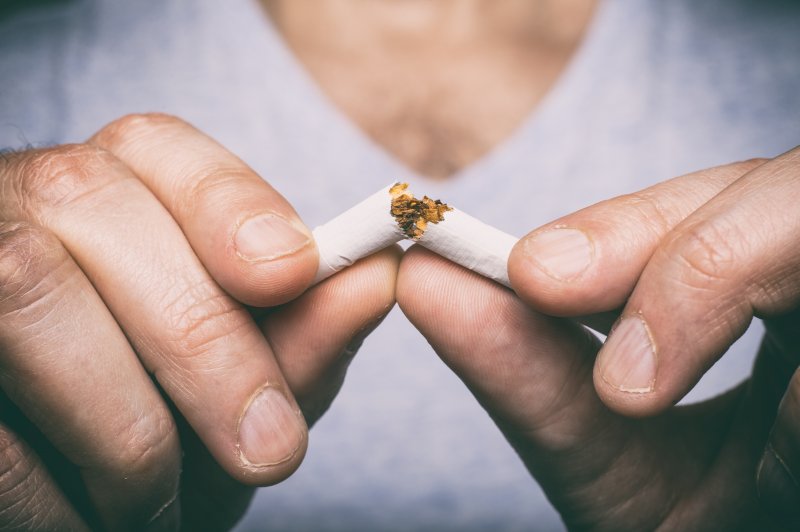
Sleep apnea is the most common sleep disorder in the world and can cause a person to wake up one hundred times or more in a single night, leading to issues like fatigue, obesity, heart conditions, or even car accidents due to a lack of sleep. Unfortunately, certain lifestyle factors and pre-existing conditions can worsen the symptoms of this unpleasant disorder, making it that much more difficult for patients to function in their daily lives. Here are a few of the factors that can worsen your sleep apnea symptoms and a few ways you can mitigate them.
Obesity Can Weigh Down on Your Airway
Approximately 70% of obstructive sleep apnea patients are obese, and excessive weight can be a major contributor to your sleep apnea symptoms. When you sleep, your muscles relax, which can cause extra pressure to fall on your airway. In sleep apnea patients, this pressure causes the airway to constrict, making it more difficult to breathe until the sleeper wakes up for lack of breath. If the patient is obese, the extra body mass in the neck can weigh more heavily on the throat during sleep, causing more frequent awakenings.
With proper diet and exercise, you can prevent or reverse weight gain, making it easier to breathe when you are awake or asleep. Talking to your doctor can help you find the best ways to maintain a healthy weight.
Certain Medications Can Make It Harder to Keep Your Airway Open
Some medications cause the muscles in the throat to relax further during sleep, which can make it easier for your airway to become blocked. A few such drugs include:
- Muscle relaxants
- Sleep aids
- Painkillers, especially opioids
- Benzodiazepines such as Valium or Xanax
If you suspect that your medicine is worsening your sleep apnea symptoms, discuss the matter with your doctor. They may be able to help you find a better schedule for taking your medication or prescribe you an alternative treatment that won’t disrupt your sleep. However, do not stop taking your medication or change your schedule without first consulting with your doctor.
Smoking Is as Horrible for Sleep Apnea as It Is for Everything Else
Sleep apnea and smoking tobacco have something in common: They both make it harder to breathe. If you indulge a cigarette habit when you have sleep apnea, the irritation the smoke causes in the mouth and upper airway can cause these tissues to become swollen and inflamed, worsening your sleep apnea symptoms. The best way to resolve this problem is to quit smoking entirely. Once you kick this nasty habit, your airway will gradually recover, allowing you to breathe easier.
Sleep apnea can detract from your health and the pleasure of life. By taking a few measures to minimize factors that can worsen your symptoms, you can enjoy better sleep that makes for better tomorrows.
About the Author
Dr. Danny Hayes earned his Doctor of Dental Medicine at the Temple University School of Dentistry in Philadelphia, where he served as an active member of the Delta Sigma Delta Dental Fraternity. Today, he is proud to hold memberships with the American Dental Association, the Indiana Dental Association, and the American Academy of Dental Sleep Medicine. His office in Portage provides services such as general, restorative, cosmetic, and emergency dentistry as well as sleep apnea therapy. To learn more about treating sleep apnea, contact his office online or dial (219) 763-6878.

